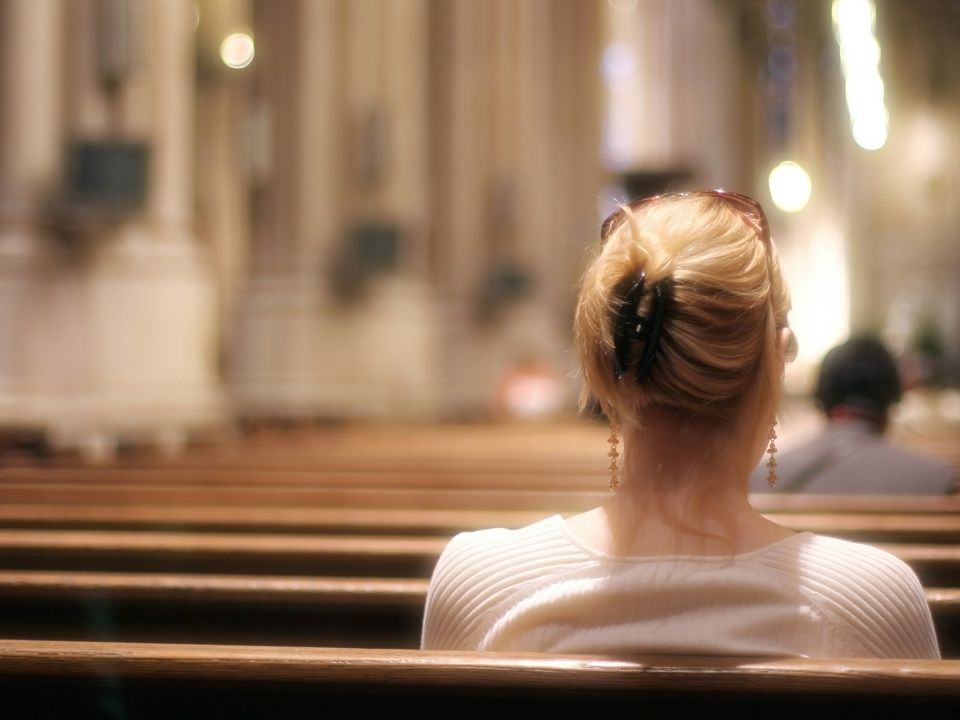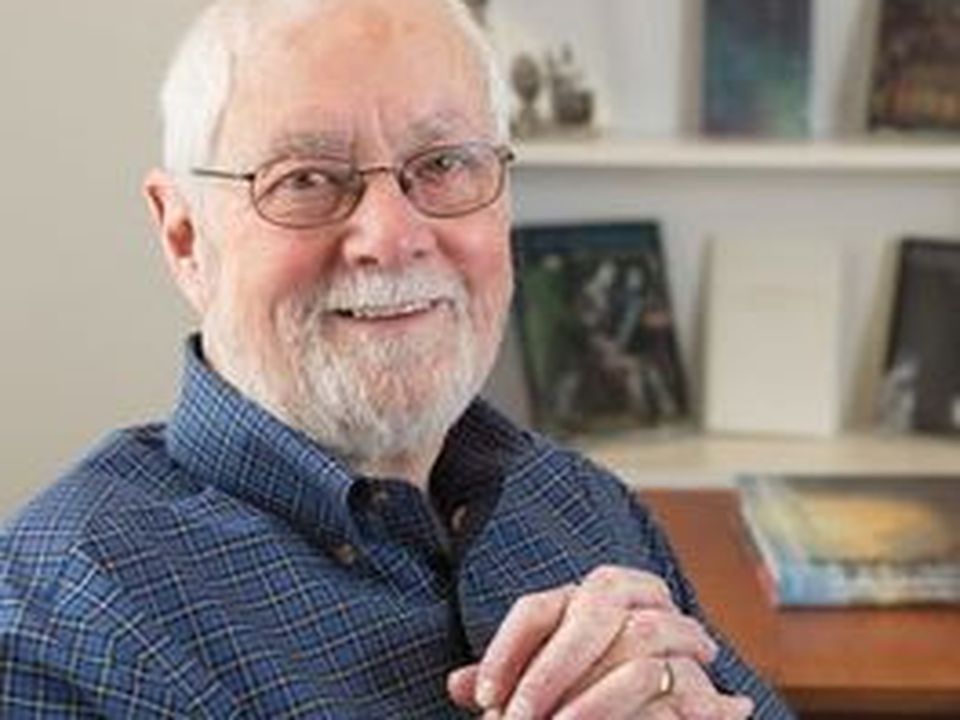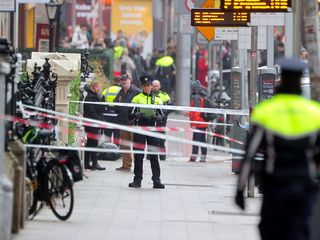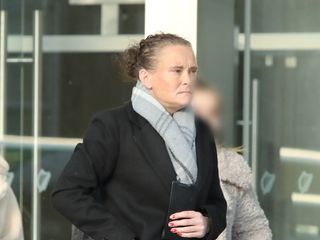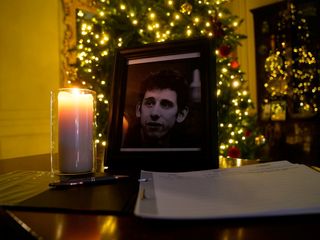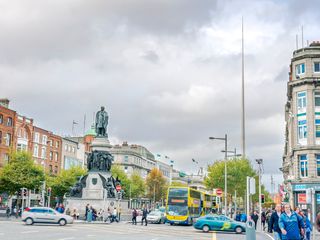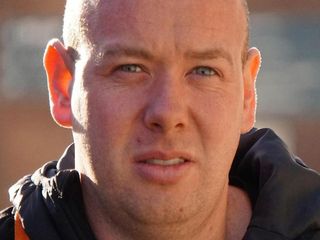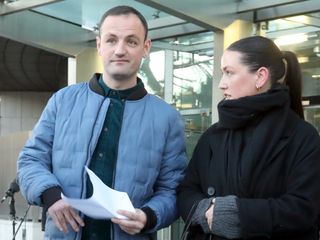Fr Brian D’Arcy: Women must be given meaningful roles in Catholic church
‘To say [women] aren't true leaders because they aren't priests is clericalist and disrespectful,’ said Pope Francis
Women, whether ordained or not, must be given meaningful leadership roles in the Catholic Church. I know this because Pope Francis has repeatedly said so.
It’s important because some believe we have to ordain women to make up for the shortage of male priests. That is a supreme insult to the specific gifts women bring to the church and the community. It’s saying in effect: “We’ll let you share some work since we can no longer do it all ourselves – but remember we’re still in charge”
In the Western world, there is a shortage of male celibates answering the call to be priests. However, worldwide there is no shortage of male celibate priests. India, Africa and the Far East all have a surplus, many of whom are filling the gaps in parishes across the Western world including Ireland.
We live in a time when all religions struggle to communicate meaningfully with non-believing people of all ages today. Some understand the problem; some don’t. Most people know that if we keep on doing what we’ve always done we will keep on getting the same results i.e. empty churches and total irrelevancy.
The role of the priest as the holder of all power in matters of religion is untenable now. It is clear we are being called to a new kind of church in order to make the love of God relevant in a whole new world.
I’ll go further. It’s my opinion that the fall-off in male celibate vocations is a direct message from God asking us to bring about a different kind of church. A church in which every baptised person has a role to play; a church in which ordained priests play a necessary, but diminishing, role in church administration; a church where priests will decide to be servants to the community by building it up, and not their oppressors tearing it down.
We should welcome the diminishment of the clerical church and the establishment of what we call the Synodal Church. That’s part of what Pope Francis is determined to bring about.
He has pointed out that in Catholic dioceses across the world, women often serve in leadership positions, running Catholic schools or hospital systems, or heading up diocesan departments.
"Perhaps because of clericalism, which is a corruption of the priesthood, many people wrongly believe that Church leadership is exclusively male," Pope Francis said recently, repeating what he wrote in book form in Let Us Dream: The Path to a Better Future.
"To say they aren't true leaders because they aren't priests is clericalist and disrespectful," Pope Francis adds.
That truth has not impinged on Bishops and priests yet. They insist on putting clerics in charge of groups of parishes instead of discerning leaders in each parish to minister to their communities. That would change the nature of the priesthood. It would empower the community, force clerics to be less dictatorial and acknowledge the gifts of the laity.
Pope Francis challenges us to work tirelessly on justice issues. He rightly believes that whether there are women priests or men priests is not the issue facing the Church. Rather, justice for the poor and the marginalised will show what kind of Christian heritage we leave behind.
Francis highlights other issues which cry out for our attention. He frequently highlights the evils of Capitalism. He’s in favour of people receiving a universal basic income, or a regular government payment to provide for basic necessities like food and housing.
Finally, the Pope believes that countries with women at the helm "have reacted [in times of crisis] better and more quickly than others, making decisions swiftly and communicating them with empathy."
He has named women as consultors to Vatican congregations, "so that they can influence the Vatican while preserving their independence from it. Changing institutional culture is a process which calls for de-clericalizing the church.”
This process clearly involves dialogue, discussion and discernment of what the Holy Spirit is calling the church to do.
It calls for sowing seeds that others will harvest.
Reverend Thomas Ogletree
Courage, they say, is an old-fashioned virtue which comes in many forms.
The feminist philosopher, Mary Daly said: “A person learns to swim by swimming; you get courage by acting courageously”.
I read recently about the Reverend Thomas Ogletree who is a theologian and Methodist minister in America. He also happens to be the retired Dean of Yale Divinity School. He shocked many of his colleagues when he officiated at his son’s same-sex wedding.
In answer to their objections he said, “Sometimes when what is officially the law is wrong, you try to get the law changed; but if you can’t, you may have to break it”.
His son backed him. “My father does the right thing because he believes in doing the right thing. If he’s questioned, he’s willing to stand up for his convictions in a public way”.
His son sees it as courage passed down from parent to child.
In the past, the decisions of the Congregation for the Doctrine of the Faith have caused immense difficulty for all of us and produced an almost universally negative reaction.
Pope Francis has changed its name to the Dicastery for the Doctrine of the Faith (DDF) and appointed a new head, Archbishop Fernandez. He wants to encourage legitimate discussion on crucial issues.
It is better late than never. Yet how much heartbreak and humiliation could have been avoided had he spoken earlier to prevent the silencing of suspects all over the world.
I believe that courage, even if it is courage with hindsight, should be celebrated. Someone with the courage to speak their mind with charity and clarity is rare, but laudable when it happens.
We take delight when someone speaks courageously and highlights things the rest of us avoid. It is not easy to act courageously and it is even more difficult to direct another to act with courage. Each of us has the power to set aside self-interest to promote truth and to defeat evil for the common good.
It seems to me that many of the faults in our society, in politics and in our Churches will begin to unravel when enough people leave aside their own self-interest and challenge authorities courageously.
I like the Hasidic tale which speaks about Rabbi Benjamin, who died and stood before the judgement seat of God. As he waited for God to appear he became ever more nervous thinking about his life and how little he had done.
He imagined that God was going to ask him “Why weren’t you more like Moses, or why were you not brave like David?” But when God appeared the Rabbi was surprised. God simply asked, “Why weren’t you, Benjamin?” In other words, be yourself.

